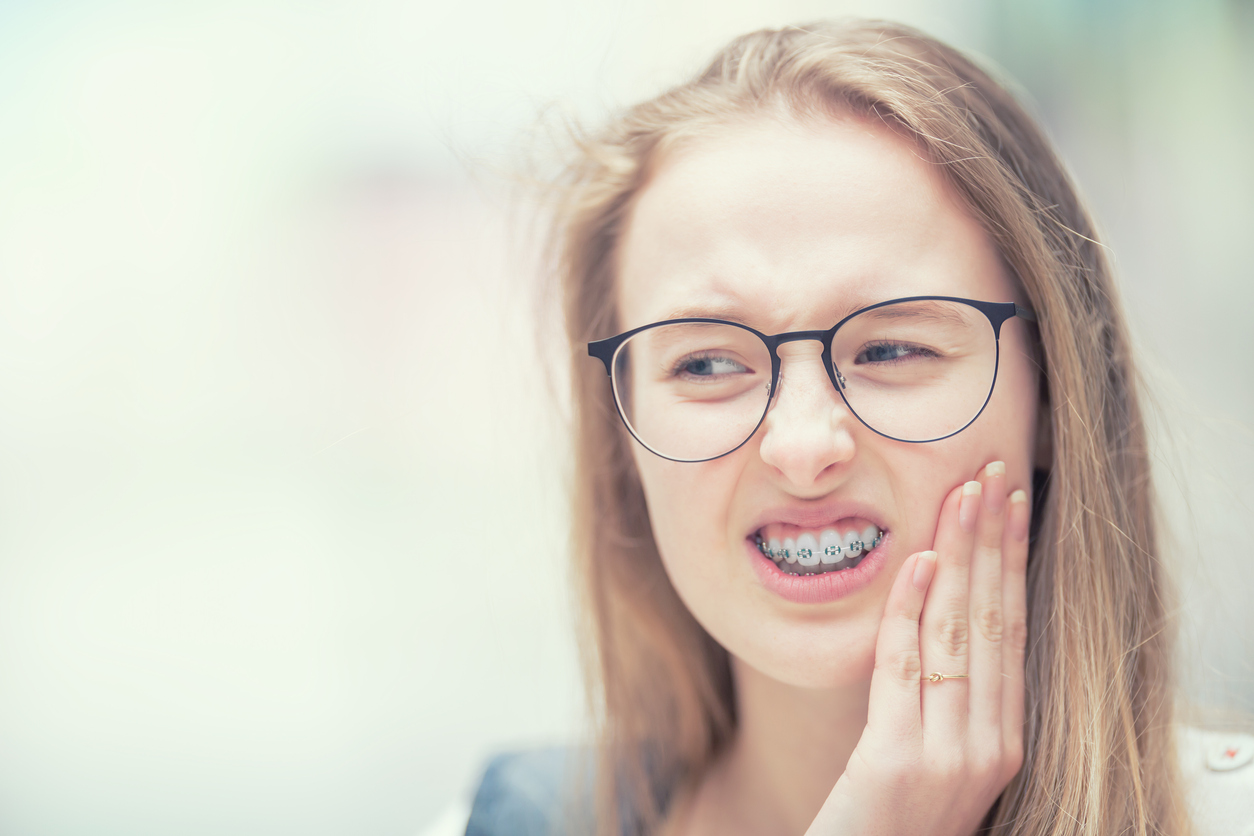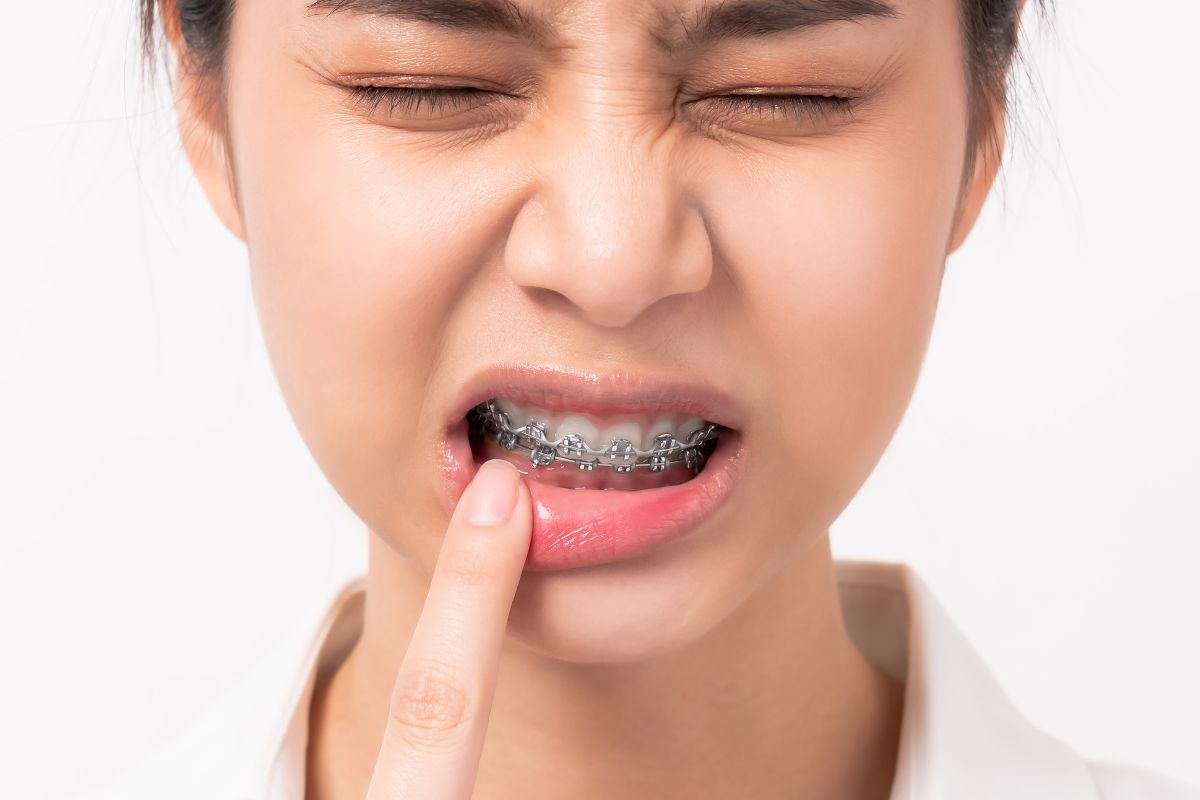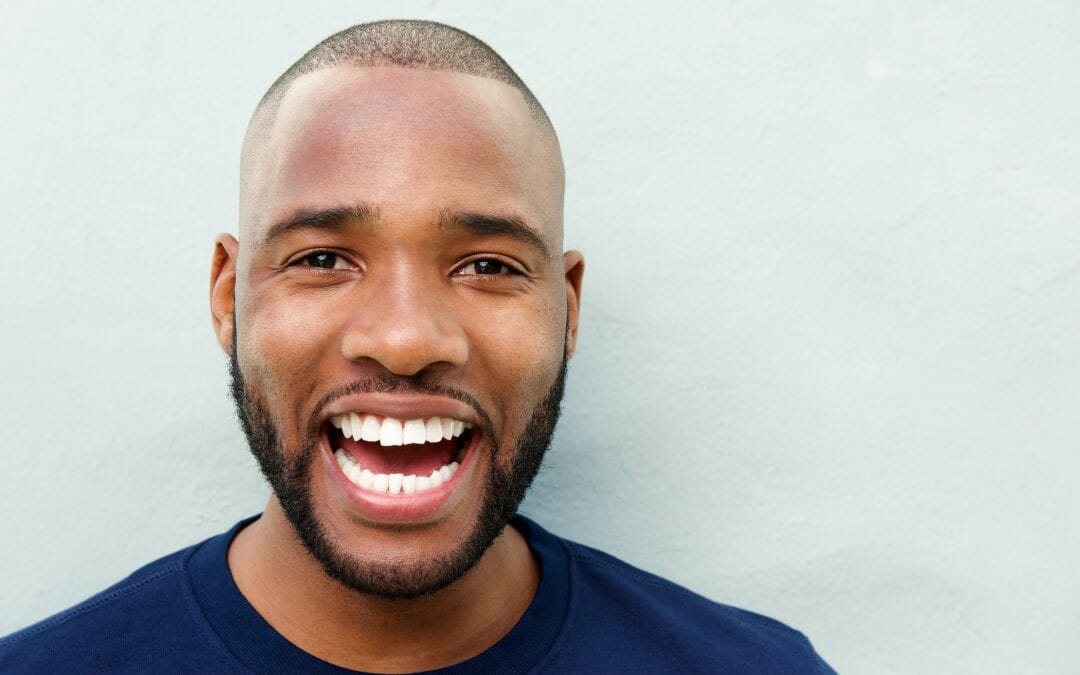Thinking about getting braces, but nervous about the pain? That’s completely normal. Most people feel some discomfort at first, but it’s usually mild and fades quickly.
In this guide, we’ll break down what kind of pain to expect, how long it lasts, and—most importantly—how to deal with it like a pro.
Do Braces Hurt?
Yes, braces can cause mild to moderate discomfort, especially after placement or adjustments, but the pain is temporary and manageable.
Key Takeaway
- Braces apply pressure to move your teeth, which can cause soreness.
- Pain usually peaks in the first few days after getting or adjusting braces.
- Most discomfort fades within a week.
- Over-the-counter pain relief, soft foods, and orthodontic wax can help.
- Braces pain is temporary—your new smile isn’t.
Why Do Braces Cause Discomfort?
Braces work by slowly shifting your teeth into better alignment. That pressure on your teeth and jaw is what causes the soreness, especially in the beginning.
Initial Soreness After Getting Braces
In the first few days, your teeth might feel sore or tender. That’s just your mouth adjusting to the pressure from your new braces.
Biting down may feel uncomfortable, too, but that pressure typically eases within a few days.
Pain After Adjustments
Each time your orthodontist tightens your braces, it reactivates that pressure. That’s why you’ll feel sore again for a day or two after each visit.
It’s totally normal—and a sign that your teeth are moving in the right direction.
Is the Pain the Same for Everyone?
Not exactly. Everyone’s experience with braces is a little different depending on factors like age, tolerance, and the type of treatment.
Pain Tolerance Plays a Role
Some people feel only mild soreness for a day or two, while others might be more sensitive to the pressure.
If you have a lower pain threshold, the tightness from the wires may feel more intense. The good news? It usually fades after a few days, and your mouth adapts quickly with each adjustment.
Age Can Make a Difference
Teens and kids often handle braces better than adults. Their bones and teeth are still shifting naturally, so the movement feels less dramatic.
Adults, on the other hand, may feel more pressure because their jaws are fully developed. But regardless of age, the pain isn’t permanent—it gets better over time.
Type of Braces Matters Too
Metal and ceramic braces can both cause irritation where brackets and wires rub against your cheeks and gums. Ceramic ones are less noticeable, but the discomfort is similar.
Clear aligners like Invisalign tend to cause less mouth irritation, but still create pressure when teeth shift. Each system has its own adjustment curve, but the discomfort is temporary.
What Kind of Pain Is Normal—And What’s Not?
Some soreness and pressure in your teeth is totally normal, especially right after getting braces or following an adjustment. This usually feels like a dull ache and fades within a few days.
Mild irritation from brackets or wires rubbing your cheeks or lips is also common. Orthodontic wax can help with that.
Pain that feels sharp or stabbing, bleeding, or a wire jabbing your gums? That’s not normal. Swelling or signs of infection also call for a quick visit to your orthodontist.
How Long Does the Pain Last?

Most brace pain is short-lived. After getting braces, you’ll likely feel soreness for about 3 to 5 days. Chewing might be uncomfortable, but it eases up quickly.
During routine adjustments, you might feel pressure or tenderness for 1 to 3 days. It’s usually milder than the initial pain.
Irritation from brackets or wires can come and go, especially as your mouth adjusts. Wax and saltwater rinses help manage that.
If the pain sticks around longer than a week or feels intense, it’s best to contact your orthodontist. They can check for issues and make adjustments if needed.
Do Braces Hurt More Than Invisalign?
Traditional Braces vs. Invisalign
Braces usually cause more initial discomfort because of the metal brackets and wires that apply pressure to your teeth. The friction against the inside of your mouth can also lead to soreness or small cuts.
Invisalign aligners tend to feel gentler since they’re smooth and removable. That said, they still cause mild pressure when you switch to a new tray.
Which One Hurts More?
Pain varies from person to person, but most people say braces feel more uncomfortable at first. Both treatments apply pressure, which means your teeth are moving as planned.
Frequently Asked Questions
1. How long do braces hurt after getting them?
Usually 3 to 5 days. The discomfort fades as your mouth adjusts.
2. Does every adjustment hurt?
Not always. Some feel mild pressure for a day or two; others barely notice it.
3. Can I eat normally when my braces hurt?
Stick to soft foods like yogurt, soup, or mashed potatoes until the soreness eases.
4. Should I be worried if the pain doesn’t go away?
If it lasts more than a week or feels sharp or intense, call your orthodontist. It could be a sign that something needs fixing.
Final Thoughts: Braces Pain Is Temporary—Your Smile Isn’t
Braces might come with a bit of discomfort, but it’s only temporary. Most of the soreness fades within a few days, especially if you follow simple care tips like eating soft foods and using cold compresses.
The key is to be patient and consistent. Every bit of pressure means your teeth are moving into place—and that’s a good thing.
The process might feel frustrating at times, but the long-term reward is a confident, healthy smile that lasts. Hang in there. The pain will pass, but your new smile is here to stay.
%202.svg)



